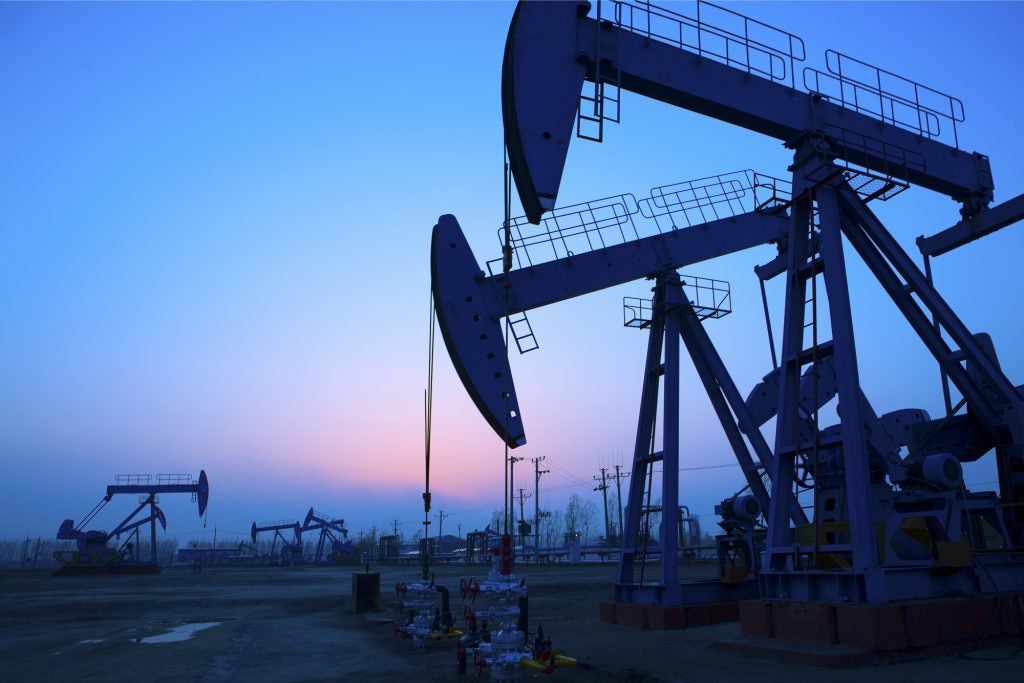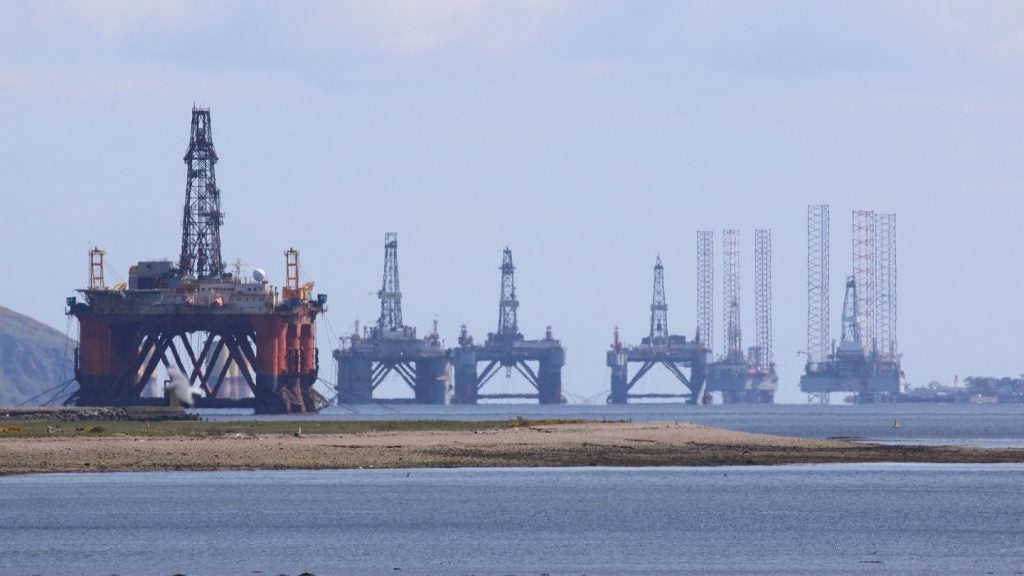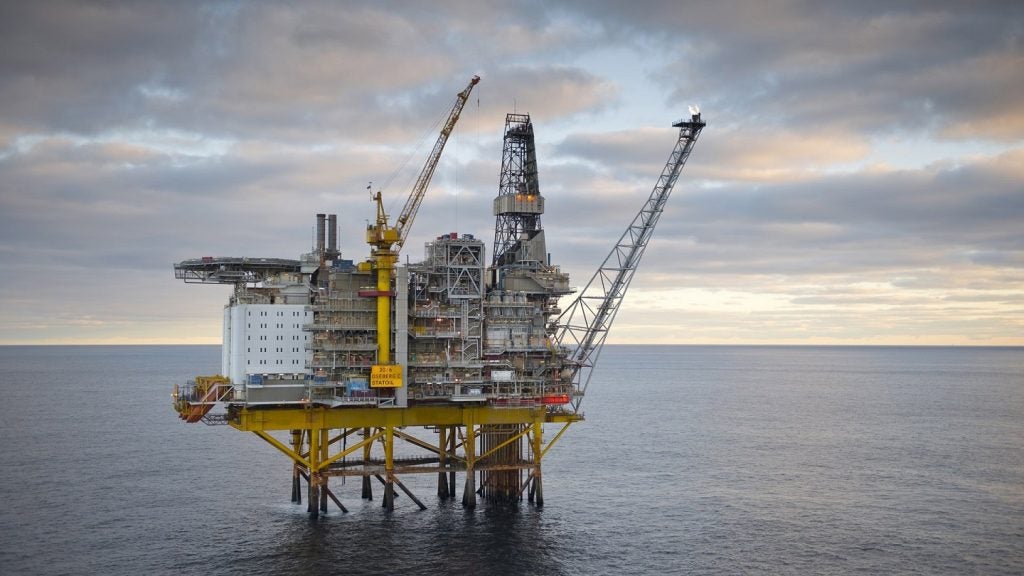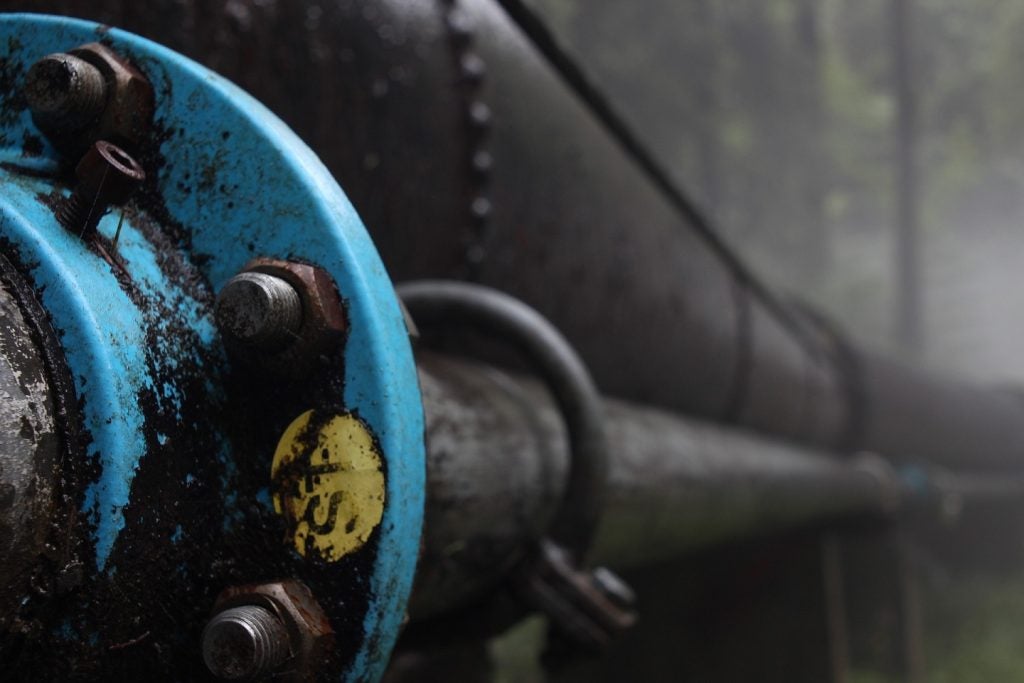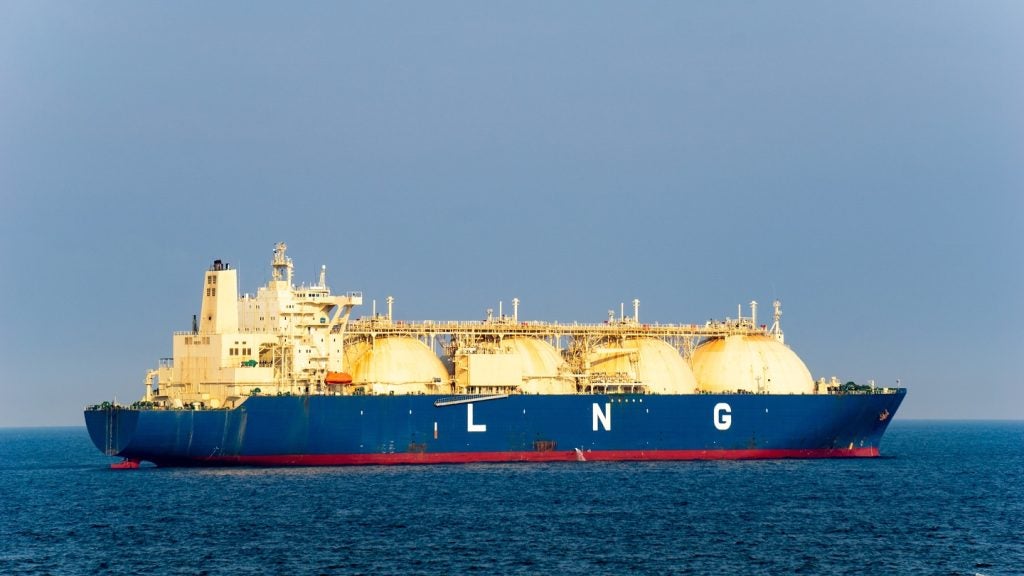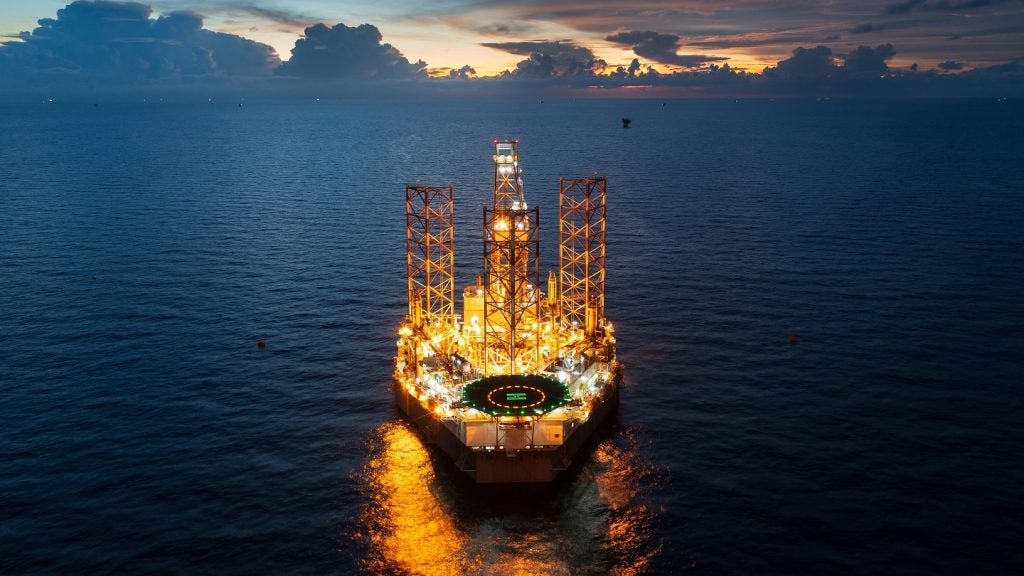A report by NGO Human Rights Watch has found that environmental protestors in Uganda are facing harassment, intimidation and arbitrary arrests for protesting against the planned East African Crude Oil Pipeline, the construction of which has disrupted the lives of Ugandan citizens by displacing them and destroying local ecology.
The controversial pipeline is majority-owned by French oil major TotalEnergies, which holds a 65% stake in the project. Once operational, it will transport crude oil from oilfields in Uganda to a port in Tanzania, 1,445km away.
Human Rights Watch claims that the Ugandan Government has used arbitrary powers to suppress any resistance to its oil developments, using its “laws, courts and security forces to harass, intimidate and pressure human rights defenders, civil society and other protestors into silence”.
Commercial oil reserves were discovered in the East African nation nearly two decades ago, but production was repeatedly delayed due to lack of infrastructure including pipelines.
The first oil drilling project in Uganda began in January 2023 at the Kingfisher field, owned by China National Offshore Corporation (CNOOC). CNOOC and TotalEnergies currently own all of the existing oilfields in Uganda along with the state-run Uganda National Oil Company.
The Ugandan Government aims to deliver its first oil output by 2025. This is not the first-time oil projects in Uganda have raised concerns around human rights violations. A separate Human Rights Watch report from July 2023 found that 100,000 people were displaced by the development at the Kingfisher field, and despite TotalEnergies compensating 90% of those affected, multi-year delays and insufficient repayments mean that local communities are continuing to suffer.
According to Human Rights Watch, at least 30 separate politically motivated arrests against individuals protesting or trying to address the risk of oil projects in Uganda have taken place since October 2021.
A civil society organisation board member quoted by Human Rights Watch said, in response to the latest report: “There are no embassies here, we have little independent national and international media here, there are no lawyers or big NGOs here, the UN isn’t here and no one here respects the law… it is a small area – everyone knows who we are. So we are very vulnerable.”


